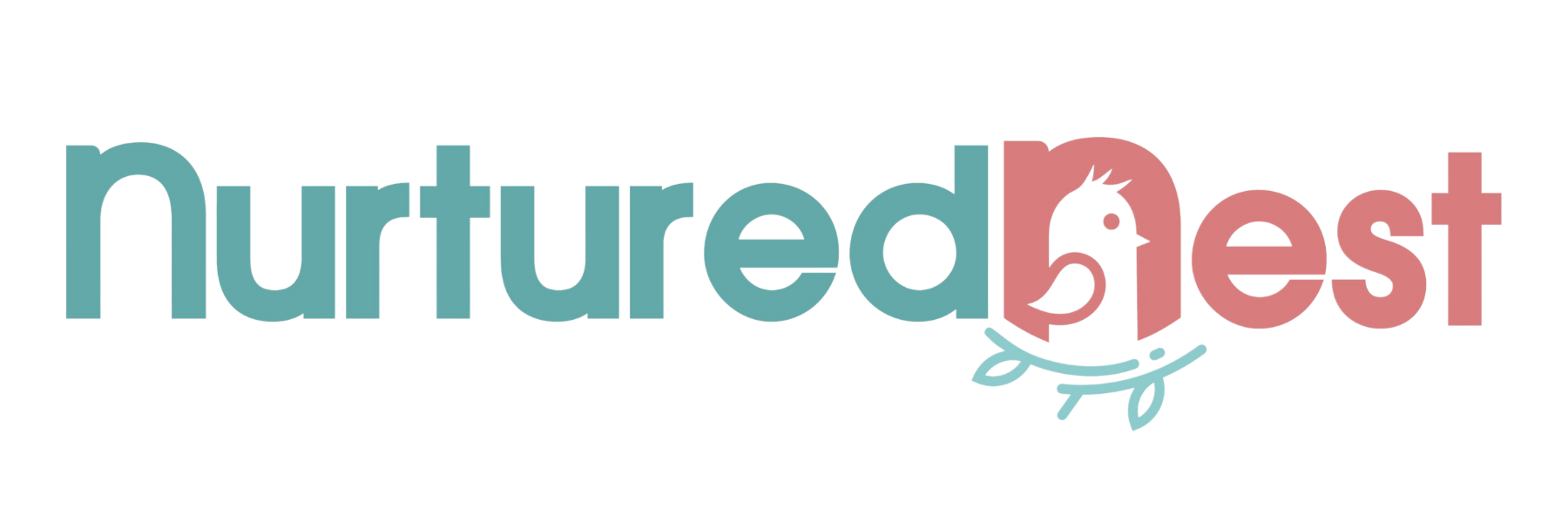
When We Miss Each Other: Misattunement in Parenting, Work, and the World
When We Miss Each Other: Misattunement in Parenting, Work, and the World
Those subtle moments when two people miss each other emotionally, even with the best intentions—and how empathy with firm boundaries can help.
I’ve been thinking a lot lately about misattunement — those subtle moments when two people miss each other emotionally, even with the best intentions. Sometimes it happens in parenting. Sometimes in partnerships. Sometimes in work. For me, it’s been especially clear in my own environment, where I sometimes feel that my way of approaching people — with empathy, softness, and connection — is misunderstood or even lightly mocked. Not intentionally. But enough that it stings. And lately, I’ve realized: the same thing I feel at work is what many of the children and parents I meet are feeling too.
What Misattunement Means
Misattunement is when our emotional response doesn’t match what the other person needs in the moment.
- It’s when a child cries and hears, “You’re fine, stop crying.”
- It’s when a parent tries to explain something tender and hears, “You’re overreacting.”
- It’s when someone shows up openhearted — and the person across from them laughs it off or changes the subject.
Those reactions — “you’re overreacting,” the quick joke, the shrug — often come from discomfort. Not always conscious, but real. When a person doesn’t know how to sit with someone else’s emotion, they instinctively try to make it go away. The intention isn’t harm — it’s self-protection. But to the person on the receiving end, it still feels like dismissal.
How It Shows Up in the Work I Do
In the work I do — and even in parenting — my approach is sometimes seen as “too soft.” I don’t believe that’s true. I believe most people are doing the best they can with the knowledge, experience, and mental bandwidth they have.
When someone struggles or reacts, I try to meet them with empathy, not judgment. I remind myself that I don’t know the full story — and if communication doesn’t land, it means I need to try again, not give up.
But in systems built on control and hierarchy, empathy can feel foreign. Some people rely on firmness, correction, or criticism because it’s what helped them survive or succeed. So when they see another way, it can feel uncomfortable — even threatening. And that’s where misattunement begins again.
I See It in Families, Too
When I sit with parents and children, I see the same pattern — a parent who loves deeply but feels their child’s emotions are “too much,” or a child who shuts down because they feel unseen. Neither one is wrong. They’re simply missing each other. That’s misattunement.
The child’s nervous system is seeking safety. The parent’s nervous system is seeking control — often out of love, often because they themselves never felt safe enough to slow down and connect. It’s the same ache I feel when someone dismisses my empathy as weakness. It’s not cruelty — it’s a mismatch.
When Misattunement Becomes Culture
I’ve come to believe our entire culture is built on misattunement. A parent I spoke with recently, raised in France, told me that ridicule and teasing were part of her childhood. Her parents believed it was the best way to toughen her for the world — and she carried that same approach into raising her own children.
I could see her reasoning. She wanted her kids to be prepared, to know what the world could be like before they faced it alone. But I also felt, deeply, that home is supposed to be the safe place.
Yes, we will all face cruelty in the world. But without a safe place to return to, we risk becoming hard, cold, and untrusting. We risk becoming part of the very harshness we wanted to protect our children from. When love is conditional, or connection is wrapped in criticism, children learn that protection means armor. They grow strong — but brittle. They learn to survive — but not always to connect. That’s how misattunement becomes cultural. We pass down disconnection in the name of resilience.
My Approach — Empathy as Influence
People often call my approach “gentle.” I understand why, but that’s not how it feels inside me. I see children as humans with very little experience. I speak to them that way — as people learning, growing, and deserving of respect. I set boundaries firmly, but with warmth. And when I react in ways I don’t love, I repair — not just to heal the wound I caused, but to model that being human means sometimes breaking and making things right again.
This is how I approach adults, too. I try to remember that everyone is carrying something unseen. That connection doesn’t mean letting go of boundaries — it means leading from understanding. Empathy isn’t softness. It’s precision. It’s how we reach people’s nervous systems so they can actually hear us and stay open enough to change.
An Invitation
Misattunement is inevitable. We all miss each other sometimes. But repair is always possible. Before we rush to fix, teach, or correct, we can pause and ask:
“Am I meeting this person where they are — or where I think they should be?”
When we choose curiosity over control, connection over correction, empathy over ego — we create the kind of safety that makes growth possible. That’s what I want for my children, my patients, and the people I work beside. And that’s what I want for all of us: homes, workplaces, and relationships where being human doesn’t have to mean being hard.
Read Next
- Online Parenting Courses → practical tools for empathy, boundaries, and connection.
- More Parenting Articles → real-life strategies you can use today.

